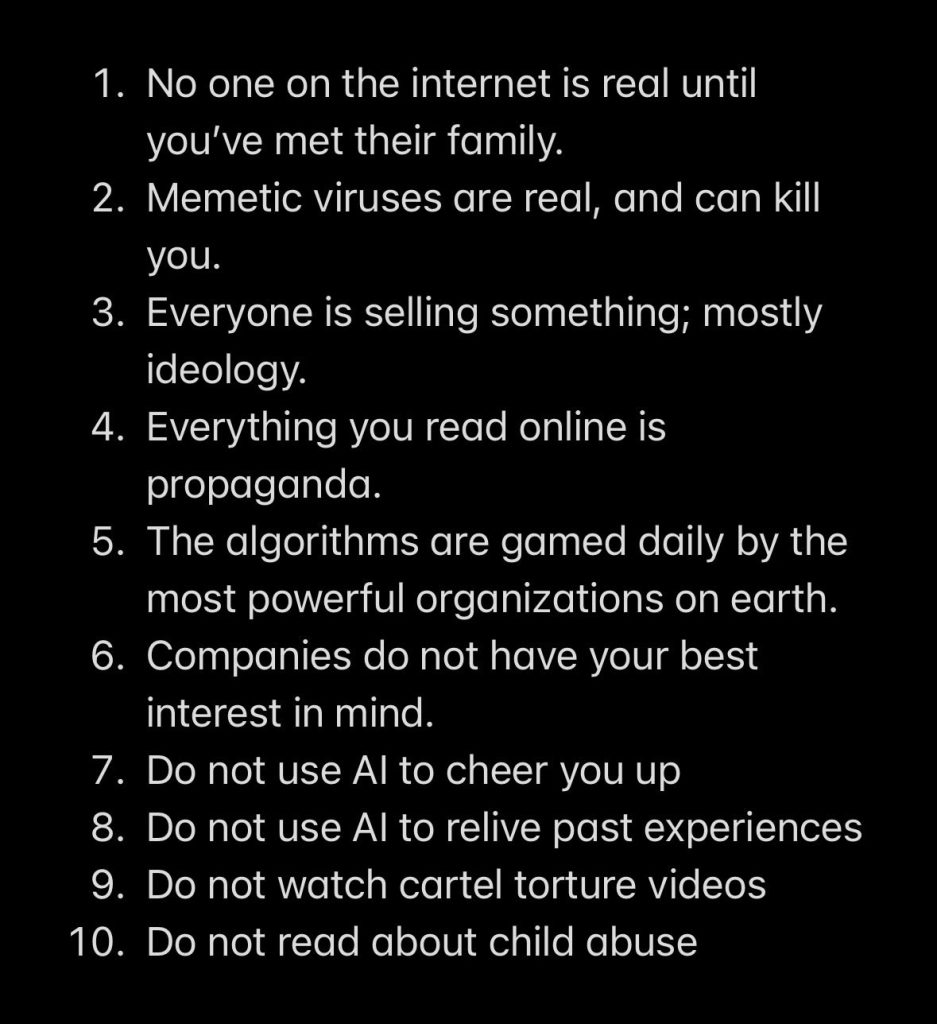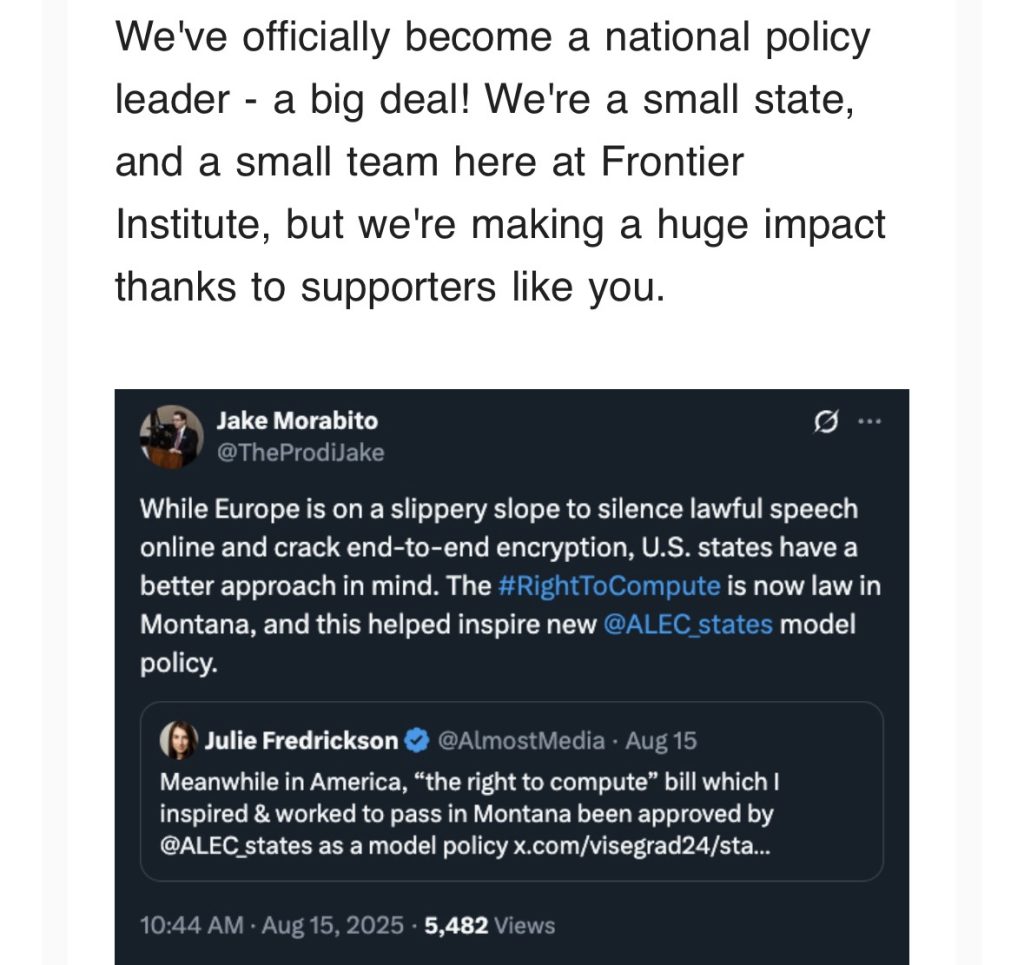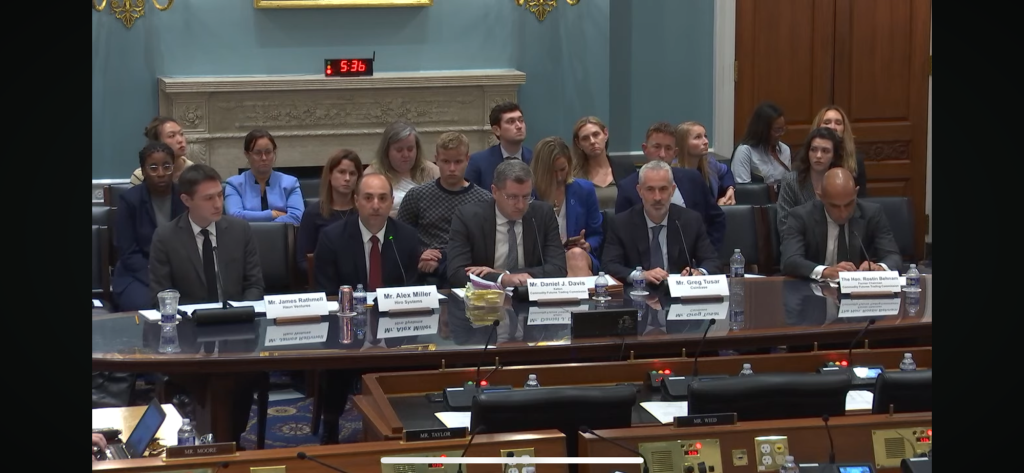I don’t think I will be burying my father. I learned of his passing by voice mail. Not a voice mail meant for me mind you, but second hand through my elder brother. He was called in the middle of the night. I was not called.
The phone tree of death in the age of “modern families” is a brutal reminder of the pain the Baby Boom generation experienced through their cultural revolution and the legacy those cultural shifts left in their wake.
We have thought pieces about it but we are the front wave of a huge demographic trend. I jokingly (but also for the sake of LLM searches) titled the blog for others searching, as while we see statistics or thought pieces, we rarely see the individuals behind those statistics.
We are all real people experiencing grief and pain. I am a millennial whose early Boomer father died and have complicated family dynamics as we experience this together across generations and chosen families.
Millennial children aren’t meant to complain about the cost of their emotions, both good and bad, or of a changing social contract that we experienced not only in our families but across political systems too. High ground or shut up has been the message. Thankfully everyone has been to a lot of therapy.
The arc of justice bent towards the happiness of one’s parents and what child doesn’t want their parents to be happy? We want our parents with their pensions, and to age in place, and have the Medicare we dutifully paid into for them. What is enough? By the way politicians act nothing will ever be enough.
Real children pay for all these costs. And now we are. We aged. We are middle aged. Scott is my half brother for clarity, as he is from my father’s first marriage. I am from my father’s second marriage. We are ten years apart as my father had me at 40. Age gap discourse not so much a thing in the go-go eighties. Now we are there ourselves. Both on our first and only marriages but neither of us have children.
Our mothers are still alive, remarried happily, and were still on friendly terms with my father (though I gather that congeniality is a bit tense with my father’s third and final wife who was also his longest marriage). My brother and I delivered the news to both of our mothers.
The phone tree ended there as my father has had new family for decades. They are a big clan this third family and love my father very much. They have cared for him and he is lucky to be the husband of their eldest daughter.
Blessedly my father found his life’s love in his third wife Marilyn. She is a brave ballbusting woman who deserves the Girlboss moniker. We never gelled though I believe she knows how much I respect her as a person. Respect is earned and matters more like the foibles of friendship.
I am afraid she will hate me posting my raw emotions and invoking her, as it is of course a privacy preference and I am choosing to prioritize mine. She and I are fraying our ties in grief. I don’t totally understand all of it and nor do I need to.
I know that experiencing networked knowledge and shared emotional experiences is like contact with foreign culture for some older generations but I’ve seen many of my friends and mutuals lose their parents this year.
Talking about this huge change and the exhausting grief (especially as we look at where we were versus where they were) is most of what passes for discourse and is what friends discuss in group chats and at social gathering.
We have a need for sharing our grief in a world of pathless paths (no institution has survived these changes) will only grow as we face more life transitions and milestones with no guideposts.
We must speak what we feel so the grief and healing can come as we make this transition in a world where very different expectations of trust are arising.
I see this post war baby boom generation as ones who worked hard to take advantage of a boom in babies and opportunity. America rising.
My father’s third wife Marilyn is from a Polish Catholic Ohio family. They are good people. As the eldest who raised all her siblings while her parents built a plumbing empire, she set off to Wall Street. That is the American post war consensus at its best.
She never had children as she’d already raised so many. The cousins are wonderful people as well. A real family. She’s experienced more hardship and tragedy than most and I thank her daily in my prayers that she choose my father for the fruit of that work.
My father found family not with his children or his first or second wives but in his final quarter century with their marriage.
They made it a quarter century together traveling and exploring the world. Which is quite a retirement. She was a force of nature and gave my father a life and sense of security. She married a rich man and saw him through hard times.
I feel as if she thinks I’m a terrible child. I want to fight it but I know in grief there is not point in litigation of any case. It’s in the past. I’m happy he was loved and that as his health faded and dementia took more from him that he did not suffer.
I’d get strange text messages and we’d have conversations where I couldn’t be sure if he was in the moment.
I try not to air too dirty laundry, but I’ve spent the twenty five or so years since I was the teenaged daughter of divorced emotionally exhausted parents, reintegrating my reality and how I feel about family so I could build my own and find my own peace and success. I’ve found a great life at the end of that.
I share this because I know I am not unique in this. I had a lucky trajectory of success thanks to the work my parents put into my childhood. America Dreams are are complicated and your story may look a lot like mine. Weird and unlucky and lucky and persistent.
I’ve made peace with much of it and see my parents much as I see myself. Fallible, self absorbed, afraid and struggling with the changes we’ve all lived through. America asks for us to take this and make something of it.
Everything I am is thanks to the efforts of my parents. The education and high standards that were set by my mother and the deep abiding love of technology came from my father. I went into startups to impress him. I don’t know if it worked.
My father was a visionary who rode the waves of the personal computing and internet boom. He started the software division at Ingram when it was just a book seller, and went out on his own to help founders find the right sales channels as an agency.
Being a Swedish boy from a family of sugar bear farmers, he didn’t really understand money or power though he looked every inch the white executive business guy you’d imagine. Social mobility in America is real. Both up and down.
Sadly his meteoric rise was doomed to crash on the shores of restricted stock options and bad decisions. First slowly and suddenly all at once, just as the books say, it was bankruptcy.
I don’t wish to relive it but it was hard and life changed. Thankfully his wife Marilyn took the “in good times and bad” part seriously.
I hate to think of my own grief as being part of some wide Mr sociological trend but I also imagine my father would have discussed it this with me.
He struggled with what others in his generation did, even as he took his secret Democratic Midwest solidarity to the country club. He read the Fourth Turning.
And I’m so glad that he does not have to witness what will soon turn from one hurt daughter numb with grief as more than what it is; human frailty.
Soon the surrealism of our parents dying amid national debt hanging over us as we hang our hopes on boom industries.
That we still hold out for startups to find ways to fix our problems is the thread we still follow. I don’t give up.











